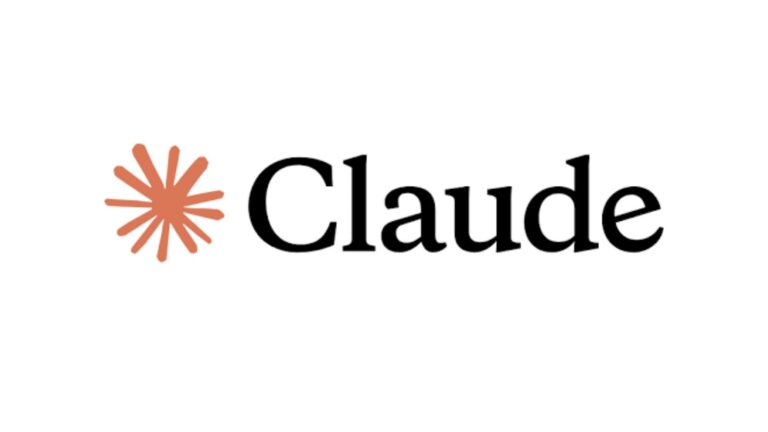Ever wondered what courtly manners have to do with tickets?
The word etiquette comes from the Old French estiquette, meaning “label” or “ticket.” It originally referred to small notes or placards used to post public notices. In the royal court of Louis XIV of France, étiquettes were cards that outlined proper behavior during palace ceremonies. These cards contained notes on where one should stand, how to dress, and how to address royalty.
A popular account links the term to Versailles, where the royal gardener posted signs labeled étiquets asking nobles not to walk on the grass. When they ignored them, the king formalized these signs into rules of conduct, giving birth to the concept of ceremonial manners.
Gradually, étiquette shifted from physical tickets to symbolic codes of behavior. By the mid-18th century, the term entered English, where it came to mean the accepted norms of polite society.



